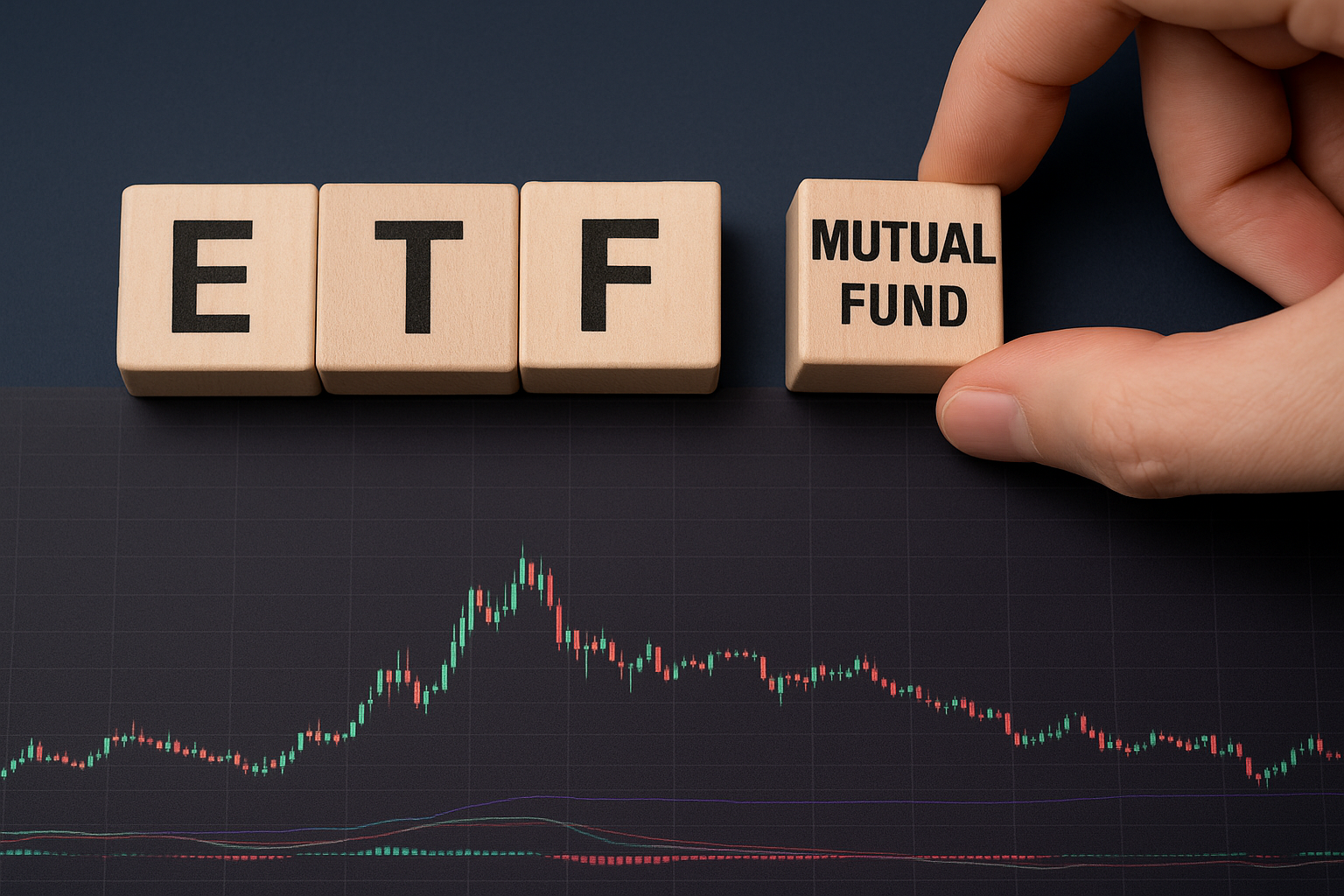BlackRock Converts $3 Billion in Rieder-Led Mutual Funds into ETFs
By Tredu.com • 9/15/2025
Tredu
BlackRockETFsActive managementFund conversionsFixed income

Shift underscores investor demand for tax-efficient, flexible investment vehicles
BlackRock has moved about $3 billion of mutual fund assets managed under Rick Rieder into exchange-traded funds (ETFs), a clear signal that fund managers are accelerating the transition toward lower-cost, more liquid structures as investors favor efficiency and trading flexibility.
Why BlackRock’s Move Matters
- The conversion is part of a broader trend: mutual funds are being flipped into ETFs by multiple large asset managers in response to investor appetite for transparency, tax benefits, and intraday price discovery.
- Rieder, a well‐known figure in fixed income and macro strategies, has overseen several mutual funds with strong flows. Moving some of his assets into ETFs gives those portfolios more flexibility and may lower costs for shareholders.
- This signals that even active strategies, traditionally mutual fund-dominated, are embracing the ETF wrapper, which was once more common for passives.
Market Effects & Investor Response
- Fixed income ETFs will likely benefit. Investors who want the active bond market exposure that Rieder offers may prefer the ETF versions due to their trading flexibility, daily pricing, and potential tax advantages.
- Mutual fund flows could decline further. As more conversions occur, investors might shift away from legacy mutual funds, reducing assets and possibly fee revenue for those remaining as mutual funds.
- ETF issuers & competition: This move intensifies the race among ETF providers to attract assets and launch competitive products. BlackRock’s scale gives it advantage, but rivals will be watching closely.
- Cost pressure: Mutual funds converted into ETFs often see cost compression. Investors should watch expense ratios, as the ETF wrapper tends to push fees downward over time.
Risks & What to Watch
- Execution risk: Converting mutual funds to ETFs isn’t always seamless—there are regulatory, tax, operational, and market-liquidity issues to manage.
- Tracking & management differences: Even if strategy remains similar, ETFs can introduce tracking differences, liquidity premiums, or market-impact risks (especially in less liquid bond markets).
- Investor behavior: Some investors still favor mutual funds for automatic investments, dividend reinvestments, or simplicity; if conversions remove certain features, there could be pushback.

How to Trade Like a Pro
Unlock the secrets of professional trading with our comprehensive guide. Discover proven strategies, risk management techniques, and market insights that will help you navigate the financial markets confidently and successfully.


